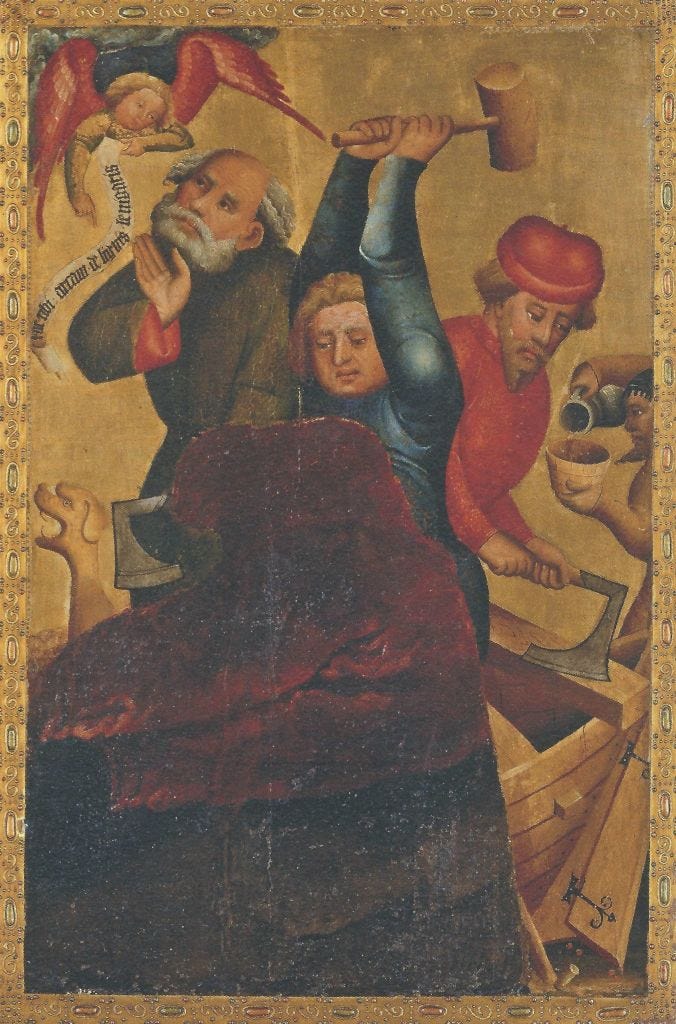#592: Noah Phases and Abraham Phases
Rashi on Parashat Noaḥ, Bereshit/Genesis 6:14

Gimme Some Torah #592
Welcome to 11 new subscribers, including Penina, Anna, and Ken!
I’m celebrating my 500th subscriber!
The Jewish story begins with Abraham. That being the case, why doesn’t the Torah begin with Abraham? Why do we first have to re…
Keep reading with a 7-day free trial
Subscribe to Gimme Some Torah to keep reading this post and get 7 days of free access to the full post archives.

